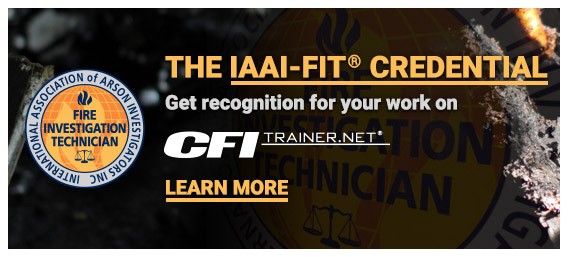Live Event - An Overview of Lithium-Ion Batteries 3.19.2026
“An Overview of Lithium-Ion Batteries - Types of Cells, Make up of cells, Overview of Failures, Safe Storage and Transportation” will cover the common cell types, components and make up. In addition to common failures found in todays fire scenes. A review of common practices for collection, safe storage and transportation will also be covered in this one(1) hour virtual training opportunity.


































































































